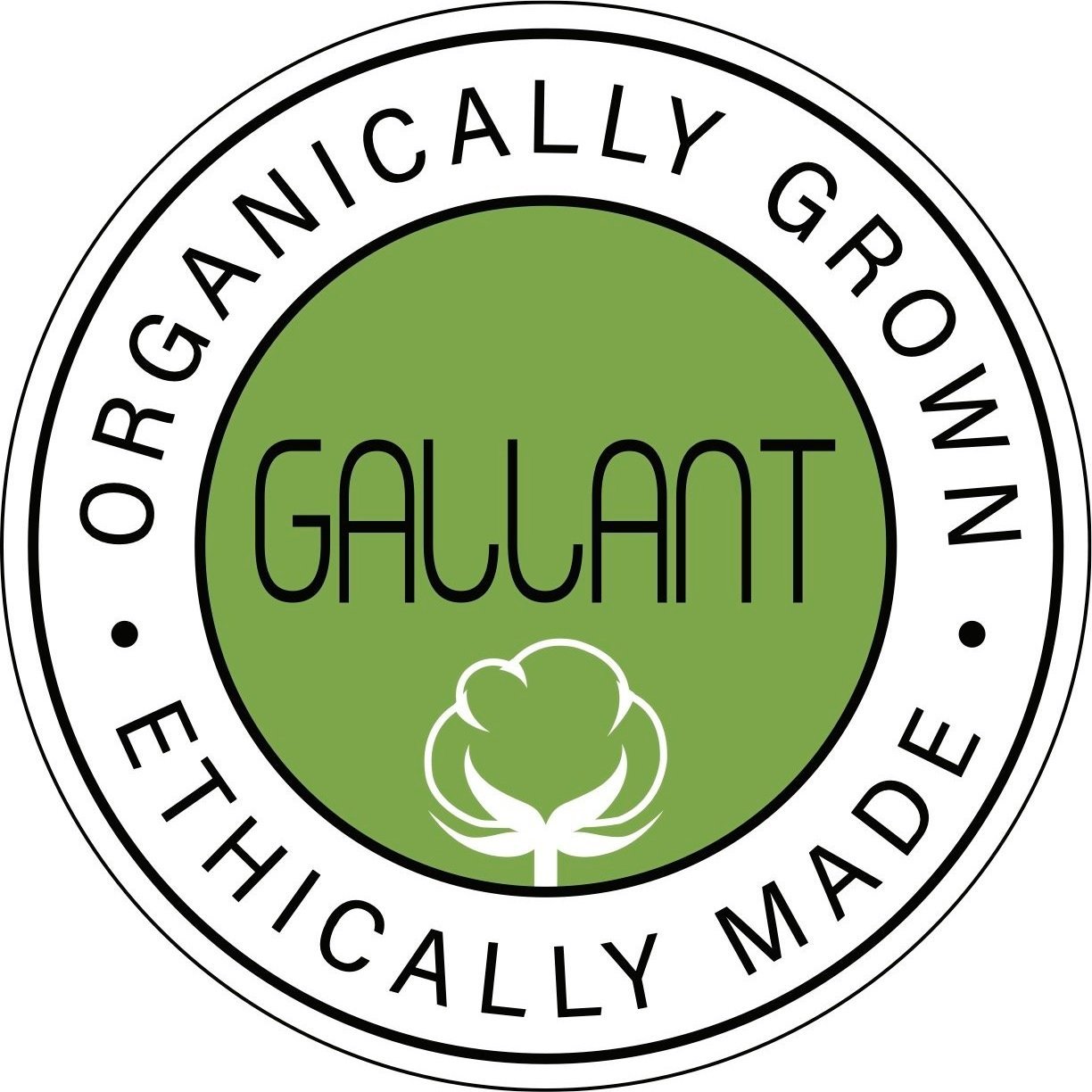Are Sustainable Brands Better Than High-fashion Brands?
Responsible consumerism is important for preserving the environment and providing humans optimum health and wellness benefits. So, why are there many debates revolving around sustainable fashion vs. high fashion?
In a world congested with fashion brand traffic, the expression "environmentally-friendly fashion" has had its peaks and valleys. To reduce the imprint of carbon emissions and the use of traditional textiles that damage the ecosystem, it should be our primary concern to choose sustainable clothing.
And, why is that so?
Conventional clothing includes hazardous substances like insecticides, pesticides, and other toxins. In addition, it is not always recyclable, which paves way for environmental repercussions. It is no news flash to anyone that high fashion lends its share of impact on the planet, on a massive scale every year, threatening the nature and lives of human beings. This is one of the main reasons why it is vital for consumers who care for the environment to be aware of the conventional material use—- how these materials leave harder stains on the planet. And even more importantly, to have profound knowledge on what makes sustainable brands worth considering, and why it is a better choice over high-fashion brands. But before we get to that, check out some good news below for all the eco-lovers around the globe.
According to the ethical fashion report by the Business Research Company, since 2015 the ethical fashion market has grown at an annual growth rate (CAGR) of 8.7%, reaching a value of $6.35 billion (approx.) in 2019. Based on the 6.8% CAGR (compound yearly growth rate), the market is predicted to increase to $8.25 billion in 2023. The growth is mostly attributed to the increasing understanding of the importance of ethical fashion for long-term sustainability. Once the CAGR rises to 9.1%, the market is expected to reach $9.81 billion in 2025 and $15.17 billion in 2030.
The Sustainability Priority: Rebuilding The Broken Walls Of Quality
Sustainable fashion is sourcing, manufacturing, and distributing strategy that optimizes the benefits to people while minimizing the environmental effects. Taking these into account, all eco-fashion suppliers strive to provide the highest quality experience to the customers while taking a thoughtful approach to environmental preservation. Sustainable brands offer GOTS & Fair Trade certified products made with organically grown materials, preserving the earth from negative behavior and preventing damages to the ecosystem. Many brands are using custom printed muslin bags instead of paper or plastic packaging. And the result? Makes it conceivable to own, use and wear outstanding fabrics without harming the environment.
With Great Sustainable Brands Comes Great Transparency
The virtue of transparency provides sustainable brands with an excellent instrument that allows them to gain consumer confidence using imaginative, truthful narration, and environmentally friendly and inventive marketing.
The Fashion Transparency Index 2021 examined and rated 250 of the world's most well-known fashion brands predicated on their environment and social policies, supply chain operations, and ethical practices. The analysis revealed an overall average of only 23%. Meaning, about 57-58 brands out of 250 were found to practice transparency.
The important thing to remember is that if consumers notice a brand's eco-friendly practices as inconsistent, it can lead to uncertainty, distrust, and even reputational harm. Regardless of the brand's initiatives to be more sustainable by adhering to its principles, such feelings may destroy the purchasing choices. And in this case, brand transparency just might be the solution to the problem.
A survey by Sproutsocial reveals that 85% of the consumers are more likely to give brands with transparency records a second chance even after a terrible first-time experience. It further gives an insight into how nearly nine out of ten customers are more likely to stick with transparent brands even amid brand controversies or issues.
Transparency allows brands to convey how they perceive sustainability, and how they respond effectively towards it. As a result, customers will have a greater grasp of their sustainability principles and will be able to connect to them. This is a great way to establish long-term brand equity, consumer trust, and the most effective strategy to increase client loyalty and secure company growth.
The New Marketing Era
Modernity has undoubtedly brought upon a new marketing era, one where brands proactively take a humane approach towards their customers. Businesses are finally beginning to comprehend the significance and influence of their customer’s choice and voice. Recognizing how to stay connected with their customers on an interpersonal level is showing to be a far more profitable strategy than simply selling services— adapting transparency and sustainable credentials to prove that what they do has a good influence on human livelihoods, society, and the environment.
But yes, the ethical sustainability label does not walk alone; it walks hand in hand with action. Businesses and brands must implement the eco-friendly term and successfully execute the practices to be a true and honest icon of change-makers. Picture a unification, a seamless link between the operations and the ethical principles--- brands have the responsibility to take all emissions into account; a chance to change things and minimize the damages by adopting sustainable practices to construct stronger green enterprises. To put it simply, thinking and behaving like the environment bridges the sustainability gap and reconciles the deteriorating relationship between humans and nature.
As for us, the consumers, what we choose to buy can reflect our identity or the identity we wish to reflect. The hallmark of truth is, all industries perish if consumers are not involved, which is why an equilibrium between the two realms is what counts.
And now, we would like to close by emphasizing that the conduct of our ethics and the kind of world we aspire to live in is not an imposition but a decision— do right by the environment to do right by you.
